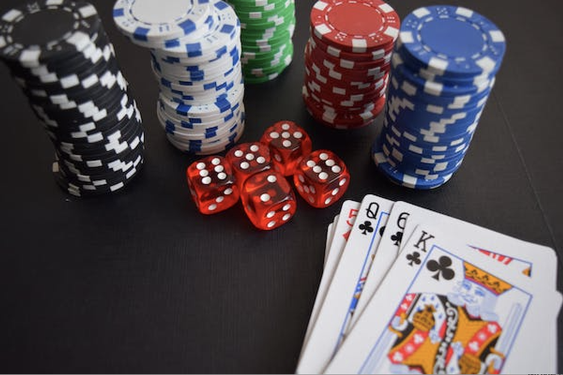Find a weakness and exploit it.
The plan works in any sport, in any game. In poker, many pros have said that they are more likely to play to an opponent’s weakness than emphasize their greatest strength, and here’s why: Poker is a game of mistakes, so you are better off by trying to put your opponent into a position to make a big mistake.
David "Devilfish" Ulliott, the daring poker pro from England, attempted to do exactly that when he was one of 22 players remaining in the $5,000-buy-in pot-limit hold ’em event at the 2005 World Series of Poker at the Rio Hotel in Las Vegas.
With the blinds at $800-$1,600, the player in Seat 1 raised to $8,000 total, five times the big blind – a major move. Ulliott was in middle position with pocket sixes.
"If you detect a weakness in your opponent, work on isolating that weakness," Ulliott said. "In this case, it was play after the flop. I’d seen him play on flops, and he was not playing them very good. "I just smooth-called him because I figure I’m going to outplay him on the flop. I have two sixes. I don’t want to get it all in on a shootout. I’ll see the flop come over, and I’ll just move in. I was in position to whatever the flop was, I could move in."
Then the player seated two to Ulliott’s left moved all in with K-Q offsuit. The player in Seat 1 folded. The action was on Ulliott, and the plan had changed. Suddenly, he would not get the chance to outplay an opponent after the flop. He would have to call an all in, which brought pot odds into the equation.
To figure pot odds, you first compare the size of your bet to the money already in the pot. Then you count your outs and determine your chances of having the best hand. In this case, Ulliott would have to call an additional $10,000 into a pot already more than $28,000. He was getting more than 2.8-1 on his money. His pair would be about a 4-1 underdog to an overpair, but he would be about a 55- 45 percent favorite to two overcards.
"I had to call those odds," Ulliott said. "I don’t know what he’s doing in there with a K-Q. He has to figure he’s in bad shape. But he wanted to reraise." The flop came 6-4-A rainbow, giving Ulliott a set.
"The Devil’s got sixes, the Devil’s got sixes," Ulliott
announced playfully.
The turn came the five of hearts, the river the queen of hearts.
Funny how things can work out in poker: Ulliott was targeting one opponent, who later folded to the big action, and ended up facing another opponent, who made it easy for him to make a call and eventually win the hand.
TABLE TALK
The flop: The first three common cards, which are exposed at the same time and
can be used in any combination in each player’s hand.
The turn: The fourth board card, also known as fourth street.
The river: The fifth board card, also known as fifth street.
(Steve Rosenbloom is a sports columnist for the Chicago Tribune and the author of the new book The Best Hand I Ever Played, now available in bookstores. He can be reached at srosenbloom@tribune.com.) © 2005, Chicago Tribune. Distributed by Knight Ridder/Tribune Information Services.



